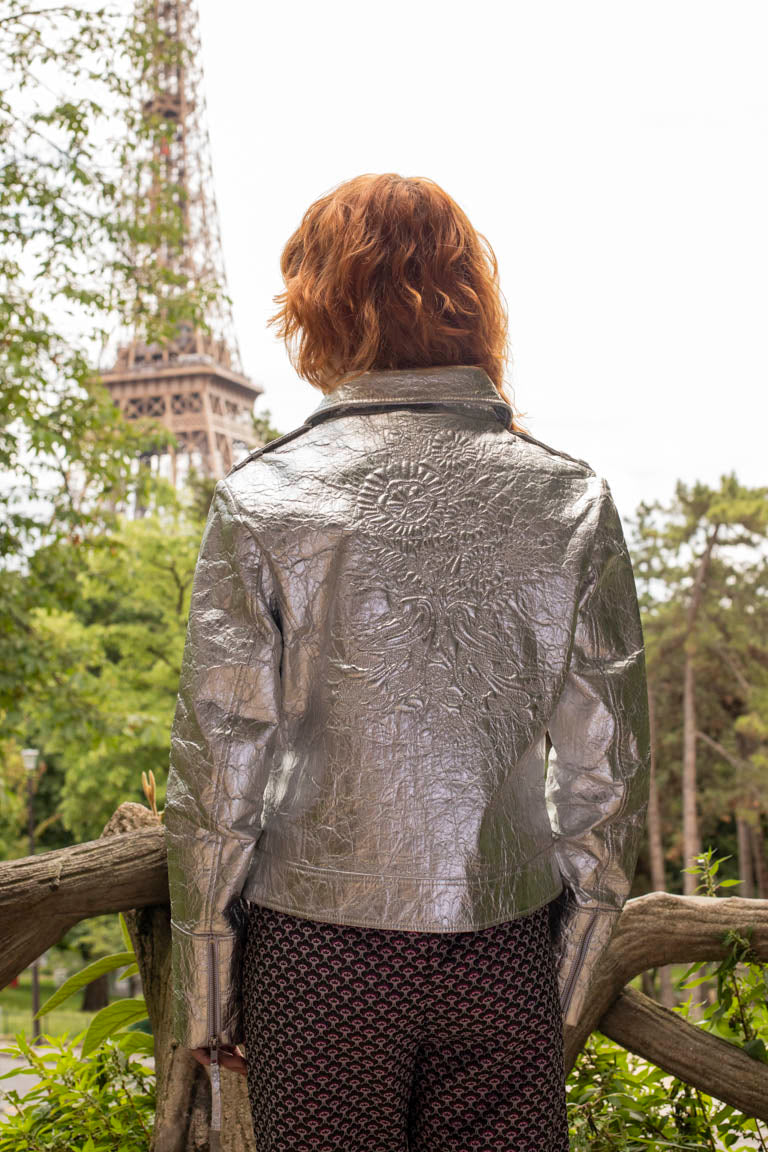
Why adopting ethical fashion is the best choice
Share
A sector in full questioning
The fashion industry, long synonymous with creativity and innovation, is now facing a crisis of conscience. Behind the glittering window displays and spectacular runway shows, the environmental and social reality of the sector can no longer be ignored. Pollution , waste , human exploitation: traditional fashion has a considerable impact on the planet and those who inhabit it.
The ecological footprint of our clothes
Every year, billions of items of clothing are produced, consumed, and then discarded. This overproduction leads to excessive consumption of natural resources, particularly water and energy, and contributes massively to soil, air, and ocean pollution. Synthetic textiles , made from petroleum , release microfibers during washing, which end up in aquatic ecosystems. Natural fibers, on the other hand, are often grown with pesticides and chemical fertilizers, which are harmful to biodiversity.
The human stakes behind fashion
Beyond the environment, conventional fashion raises major ethical questions. Behind every cheap piece often lie precarious working conditions, insufficient wages, and sometimes even forced labor. This highlights the need to ensure respect for human rights throughout the production chain.
Ethical fashion: a global commitment
Adopting ethical fashion means choosing to consume differently. This means supporting brands that prioritize sustainable materials, responsible manufacturing processes, and total transparency in their supply chain. It also means valuing craftsmanship, quality, and longevity of clothing, rather than quantity and speed.
At LO NEEL , we fully embody the values of ethical fashion by choosing to do things differently. We prioritize sustainable materials , responsible manufacturing processes, and total transparency across our entire supply chain. We also emphasize craftsmanship, quality, and longevity of each piece, rather than quantity or speed. Through each collection, LO NEEL reaffirms its commitment to more conscious, respectful, and elegant fashion.
The benefits of responsible fashion
-
Environmental preservation : Less pollution, less waste , rational use of resources.
-
Respect for people : Decent and fair working conditions for artisans and workers.
-
Promoting know-how : Unique pieces, designed to last, which tell a story.
-
Mindful consumption : Buy less, but better, and give clothes a second life.
Luxury as a driver of change
The luxury sector, through its innovative capacity and influence, has a key role to play in this transformation. By committing to ethical fashion, luxury brands are setting an example and proving that it is possible to combine refinement, creativity, and responsibility. LO NEEL is strengthening its commitment to fashion that makes sense: fashion that is more aware of environmental issues, more respectful of human beings and the planet, without ever compromising on elegance.
LO NEEL incorporates Piñatex® pineapple leather into its collections, a material derived from pineapple leaves, enhancing agro-industry by-products and reducing waste. This material, developed by Ananas Anam – a B-Corp certified company, meaning it meets high social, environmental, governance and transparency requirements – is used by LO NEEL to offer a plant-based alternative to traditional leather. This innovation perfectly illustrates the alliance between creativity, ethics and sustainable impact: pineapple fiber is not only 10 times stronger than animal leather, requires no additional arable land or pesticides, but also supports a circular and planet-friendly economy . By working with Piñatex® , LO NEEL proves that slow fashion can be aesthetic, responsible and pioneering.

Follow us on our networks to learn more about our creative approach:
Instagram: lo.neel - TikTok: l o.neel - Youtube: @loneelcreateurvegan5817
